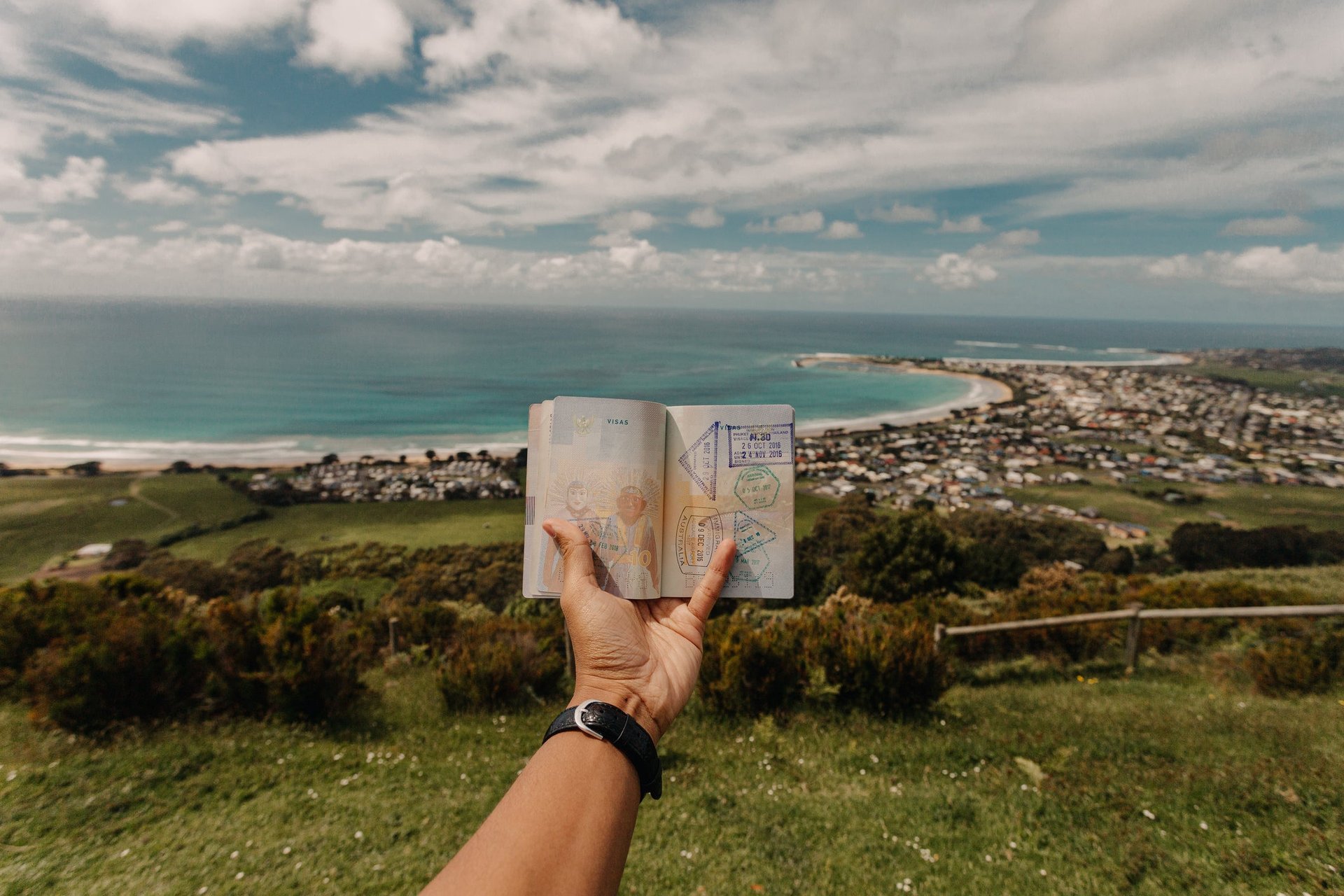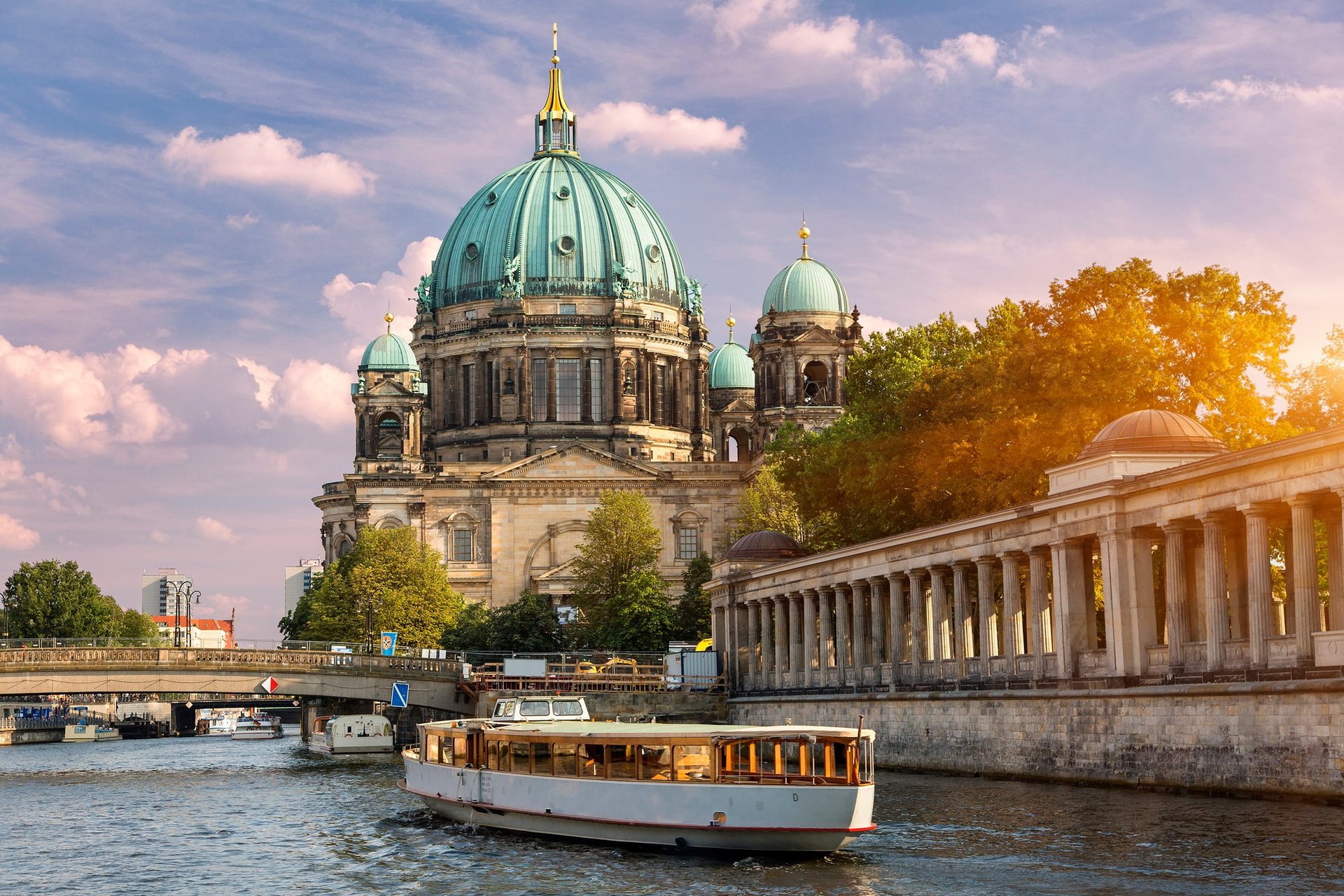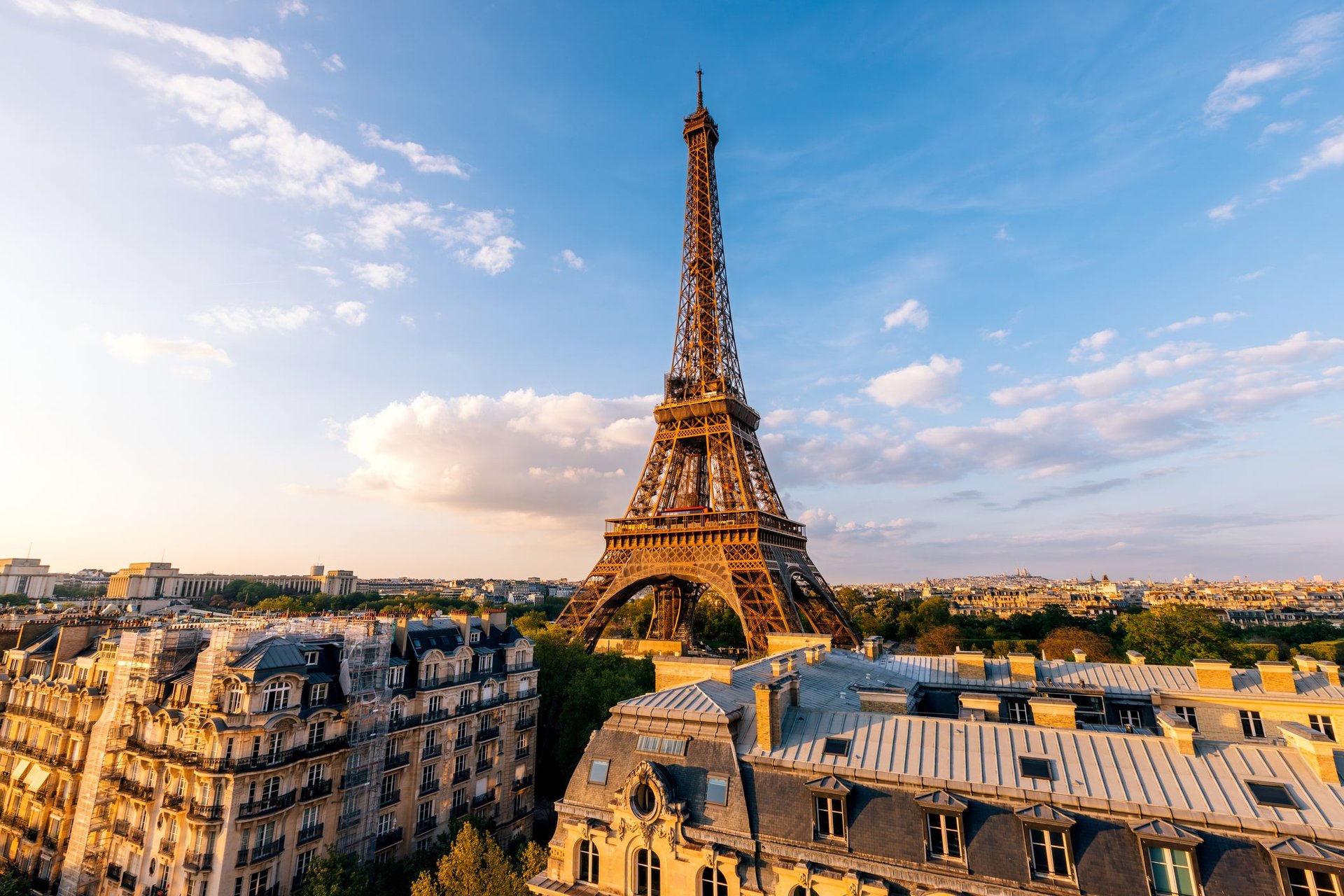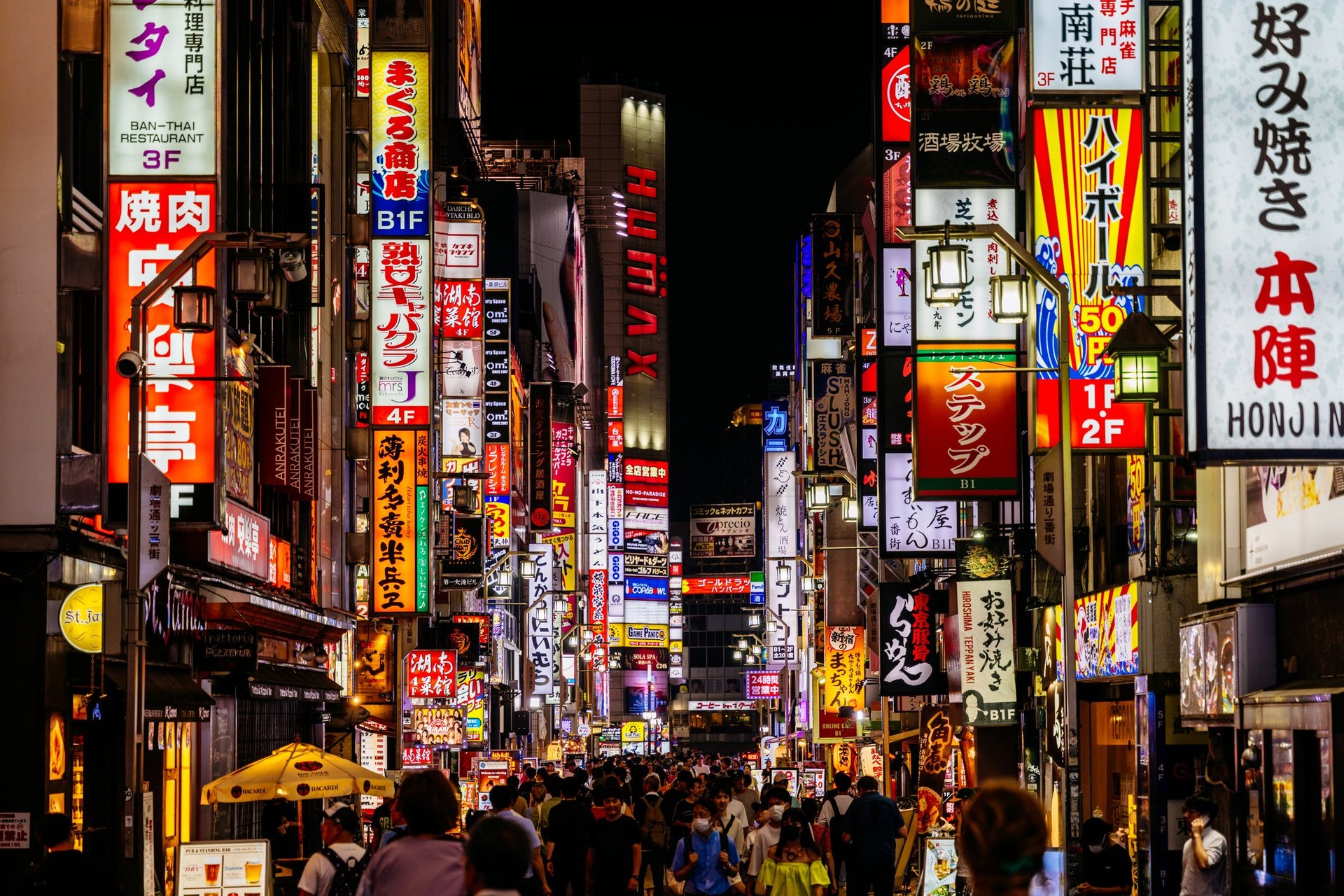The 8 most powerful passports in the world
Singaporeans have visa free access to a record 195 global travel destinations

Singaporean travelers once again have access to more visa-free travel than anyone else, while the United States dropped to ninth place in the quarterly Henley & Partners rankings of the world’s most powerful passports.
Citizens of the southeast Asian city-state have visa-free access to a record 195 global travel destinations out of a possible 227. At the same time, Americans have seen their ability to travel the world contract in the last decade. The U.S. passport was the second most powerful in the world in 2015, the year before Donald Trump was elected.
“Even before the advent of a second Trump presidency, American political trends had become notably inward-looking and isolationist,” said Annie Pforzheimer, senior associate at Washington think tank the Center for Strategic and International Studies, in a statement regarding the Henley & Partners rankings.“Even though U.S. economic health relies heavily on immigration, tourism, and trade, voters during the 2024 presidential campaign were fed a narrative that America can (and should) stand alone.”
The U.S. ranking could drop even further if tariffs and deportations remain the Trump administration’s default policy tools, Pforzheimer added.
The U.S.’s ninth place ranking is also deceptively high: Due to the significant number of ties in the Henley & Partners rankings, there are actually 27 countries with more powerful passports. The U.S. is tied with Estonia and behind countries including Poland, Greece, and Hungary.
While Americans have visa-free access to fewer countries, in general it is becoming easier to travel internationally. Only 22 of the 199 passports that exist in the world have become weaker in the last decade, while citizens in some countries, like China and the United Arab Emirates, have seen the list of countries where they can travel without a visa increase dramatically. Experts note, however, that recent political changes could still shake up the world order.
“The Trump-era trade wars will not only be viewed as bilateral disputes — they will serve as transformative events for the global economy,” said Tim Klatte, a partner at Grant Thornton China and adjunct professor at New York University Shanghai. “Disrupting trade flows, raising costs, and sowing uncertainty will require businesses, governments, and international institutions to adapt to a new reality.”
Continue reading to learn more about the eight most powerful passports in the world, according to Henley & Partners.
2 / 9
3. Spain (tie)

Spain is tied for the third strongest passport in the world. Spanish citizens can travel to 192 global destinations without needing a visa.
3 / 9
3. South Korea (tie)

South Korea is tied for the third strongest passport in the world. South Korean citizens can travel to 192 global destinations without needing a visa.
4 / 9
3. Italy (tie)

Italy is tied for the third strongest passport in the world. Italian citizens can travel to 192 global destinations without needing a visa.
5 / 9
3. Germany (tie)

Germany is tied for the third strongest passport in the world. German citizens can travel to 192 global destinations without needing a visa.
6 / 9
3. France (tie)

France is tied for the third strongest passport in the world. French citizens can travel to 192 global destinations without needing a visa.
7 / 9
3. Finland (tie)

Finland is tied for the third strongest passport in the world. Finnish citizens can travel to 192 global destinations without needing a visa.
8 / 9
2. Japan

Japan has the second strongest passport in the world. Japanese citizens can travel to 193 global destinations without needing a visa.
9 / 9
1. Singapore

Singapore has the strongest passport in the world. Singaporean citizens can travel to 195 global destinations without needing a visa.